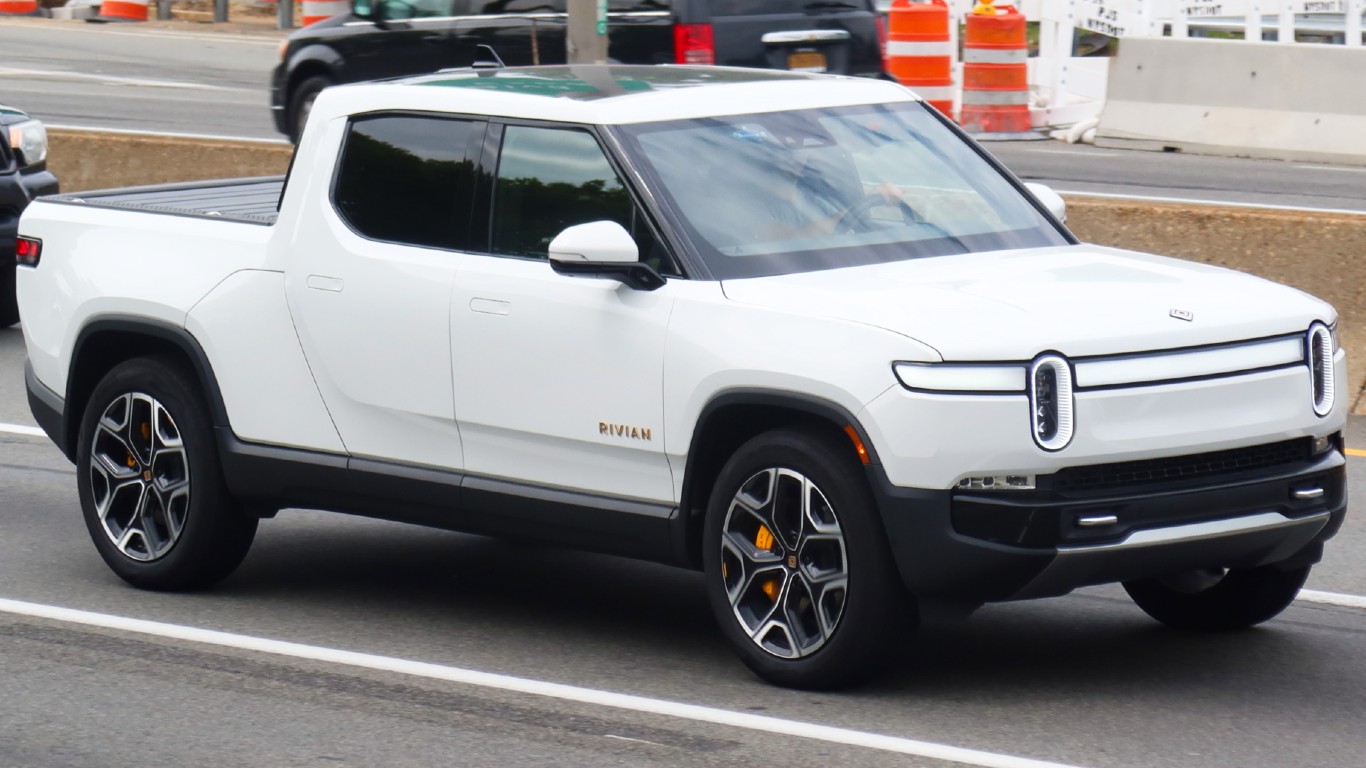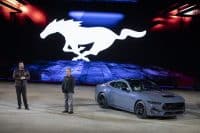
Rivian is one of the handful of U.S. companies that tried to enter the EV market but failed. The electric truck company bragged it has a backlog of 100,000. However, the people who made the orders had no obligation to buy them, so the figure was misleading. Recent information shows that the backlog may not be huge. According to The Wall Street Journal, “For instance, buyers who once had to wait a year or more for the R1T truck have more recently been able to get one in as little as two weeks, the company has said.”
The lack of a backlog is, ironically, bad news. The demand for Rivian’s core model has slipped so low that getting one quickly is easier than getting a Subaru or Ford.
Rivian has started to sell its vehicles from a lot in front of its Normal, IL factory. Normal is in the middle of nowhere–southeast of Peoria and northwest of Champaign. Is there a worse place to have a “dealership?”
The Journal drives the problem home in another comment: “At the same time, monthly vehicle registrations for the R1T truck, a proxy for sales, have fallen from a peak of 1,829 in September to 950 in April of this year, according to data from S&P Global Mobility.”
Rivian might as well give up. (These are the 13 biggest electric vehicle business failures in American history.)
Rivian’s stock has taken a horrible beating. It is down by 44% in the last year. The overall market is up 20% for the same period. In the most recently reported quarter, Rivian had revenue of $661 million, on which it lost $1.3 billion. In the period a year ago, it lost $1.6 billion. That is barely progress.
Rivian has made one other error. It has priced its vehicles out of the market. Its base model R1T has a starting price of $73,000. That is too expensive in a world where Ford has a lower base price for its F-150 Lightning. The prices of the Rivian model move above $90,000 quickly when people add additional features.
Rivian’s run was over before it began.
It’s Your Money, Your Future—Own It (sponsor)
Retirement can be daunting, but it doesn’t need to be.
Imagine having an expert in your corner to help you with your financial goals. Someone to help you determine if you’re ahead, behind, or right on track. With SmartAsset, that’s not just a dream—it’s reality. This free tool connects you with pre-screened financial advisors who work in your best interests. It’s quick, it’s easy, so take the leap today and start planning smarter!
Don’t waste another minute; get started right here and help your retirement dreams become a retirement reality.
Thank you for reading! Have some feedback for us?
Contact the 24/7 Wall St. editorial team.




